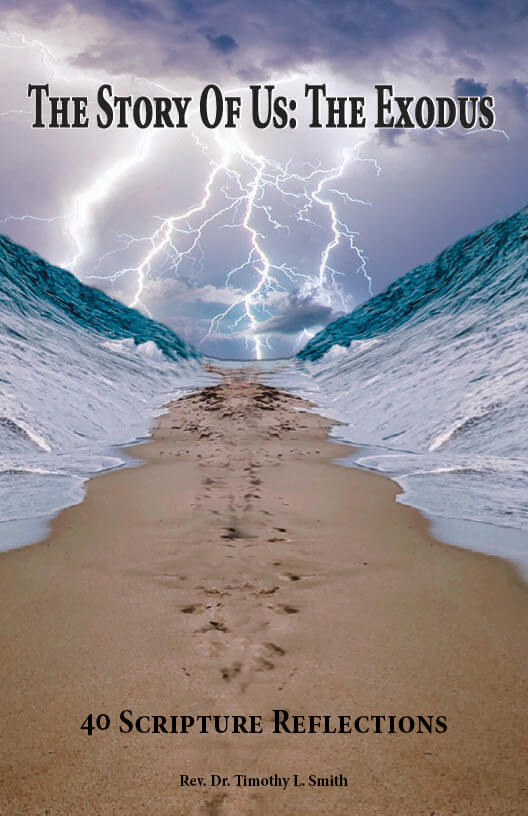PRAY
Show me Your glory, I pray.
Exodus 33:18
READ
The whole congregation of the Israelites set out from Elim;
and Israel came to the wilderness of Sin, which is between
Elim and Sinai, on the fifteenth day of the second month after
they had departed from the land of Egypt. The whole congregation
of the Israelites complained against Moses and Aaron in
the wilderness. The Israelites said to them, “If only we
had died by the hand of the LORD in the land of Egypt, when
we sat by the fleshpots and ate our fill of bread; for you have brought
us out into this wilderness to kill this whole assembly with hunger.”
Exodus 16:1-3
Take a few moments to leaf through your Bible and you will see frequent mention of the Wilderness. That is because the Wilderness plays a key role in God’s redemption story. You could put a huge sign over all the Wilderness sections of the Bible that declares: “GOD AT WORK”. The Wilderness is a place where God makes things happen; a place where He does some of His best work. Consider, for instance, a very few of the Bible’s many references to the Wilderness:
“A voice cries out in the wilderness, ‘Prepare the way of the LORD’”
(Isaiah 40:3).“I am about to do a new thing; now it springs forth, do you not see it? I will make a way in the wilderness” (Isaiah 43:19).
“The word of the Lord came to John the Baptist in the wilderness”
(Luke 3:2b).“Jesus, full of the Holy Spirit, returned from the Jordan and was led by the Spirit in the wilderness” (Luke 4:1).
After David had been anointed king, his years in the Wilderness were key to his training for ascending to the throne. Similarly, John the Baptist spent years in the Wilderness when God called and readied him to prepare the way of the Lord. Jesus spent time in the Wilderness being prepared for ministry. His days in the Wilderness are regarded as so important that they are recorded in all four gospels.
But it is in the Torah, the first five books of the Bible (Genesis through Deuteronomy), that the Wilderness stands out. Consider that there are 374 chapters in those first five books, and only 64 of those chapters take place outside the Wilderness. That means that 83% of the Torah and Exodus story takes place, not in Egypt or the Promised Land, but in the Wilderness. The Wilderness seems a crucial part of all Exodus stories. God does not rush the Wilderness.
A study of the Wilderness in Scripture reveals the Wilderness as a place both of danger and of opportunity, temptation and revelation, deprivation and provision. Old Testament theologian Walter Brueggemann says, “wilderness bespeaks vulnerability, for without visible life support systems, direct dependence upon YHWH’s [Yahweh’s] care is intense and anxiety is rampant.” (Walter Brueggemann, Reverberations of Faith: A Theological Handbook of the Old Testament)
The Wilderness connotes those places that are unexplored, unmapped, and threatening. Wilderness is a place where we easily lose our way and panic. And yet, human extremity is God’s opportunity. Instead of resisting the Wilderness or complaining about it, we do well to embrace it. God is up to something in the Wilderness. Where there is no difficulty there is no learning to draw upon God’s resources. There are lesson upon lesson to be learned in the Wilderness.
REFLECT
- What do you sense God might want to teach you in the Wilderness?
- Talk to God about your Wilderness and your hopes and desires for your time in it.


